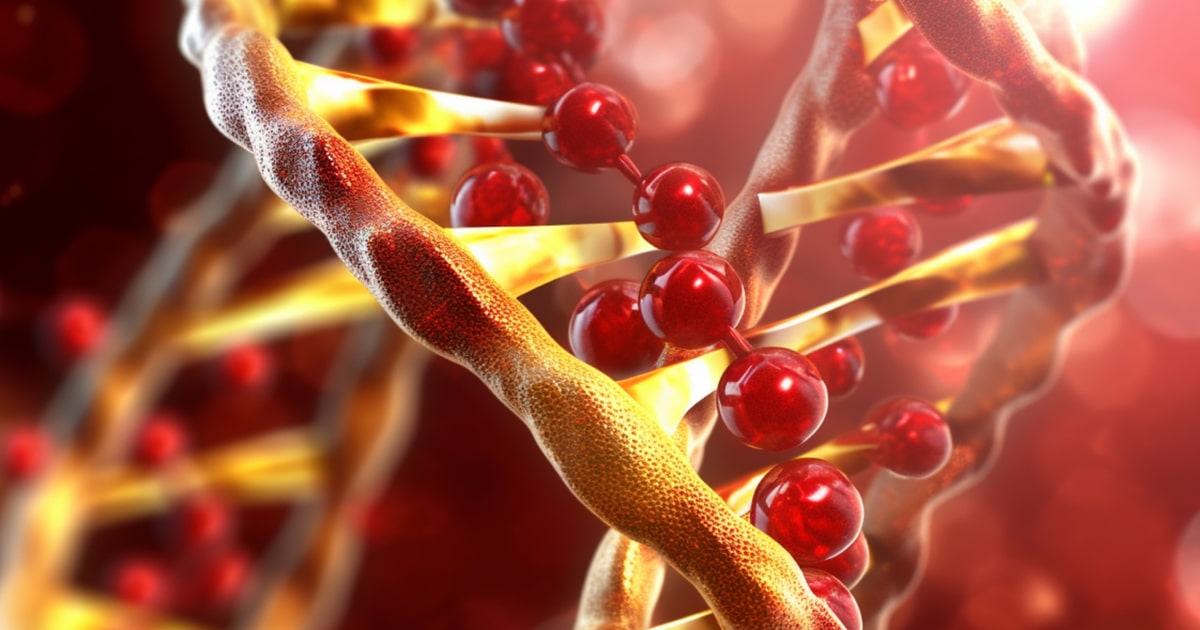
Expert Reviewed By: Dr. Brandon Colby MD
Triple-negative breast cancer (TNBC) is a subtype of breast cancer that lacks the three most common receptors: estrogen, progesterone, and human epidermal growth factor receptor 2 (HER2). This cancer subtype is characterized by its aggressive nature, higher recurrence rates, and limited treatment options. However, recent advances in genetic testing and novel therapies have provided new hope for patients with TNBC. In this article, we will explore the role of genetic testing in understanding, diagnosing, and managing TNBC, as well as discuss some promising novel agents for treatment.
Understanding Triple-Negative Breast Cancer
TNBC accounts for approximately 15-20% of all breast cancer cases and is more common in younger women, African American women, and those with BRCA1 gene mutations. Due to the absence of the three receptors mentioned earlier, TNBC does not respond to hormonal therapies or HER2-targeted treatments. This leaves chemotherapy as the main treatment option, which often leads to more severe side effects and a higher risk of recurrence.
Diagnosing Triple-Negative Breast Cancer
Diagnosing TNBC involves a series of tests, including a biopsy to remove a sample of the tumor, followed by laboratory tests to determine the presence or absence of the three receptors. If all three receptors are negative, the cancer is classified as triple-negative. Genetic testing can also help identify specific mutations, such as BRCA1 and BRCA2, which are associated with a higher risk of developing TNBC. This information can be crucial in determining the most appropriate treatment approach for each patient.
Using Genetic Testing for Triple-Negative Breast Cancer
Genetic testing plays a vital role in understanding and managing TNBC. It can help identify specific genetic mutations and other factors that may contribute to the development of this aggressive cancer subtype. In this section, we will discuss some of the uses of genetic testing in TNBC.
Identifying High-Risk Patients
Genetic testing can help identify patients who are at a higher risk of developing TNBC due to specific gene mutations, such as BRCA1 and BRCA2. By identifying these high-risk individuals, healthcare providers can implement preventive measures and closely monitor them for early signs of cancer.
Guiding Treatment Decisions
Genetic testing can also provide valuable information to guide treatment decisions for patients with TNBC. For example, patients with BRCA1 or BRCA2 mutations may benefit from the use of PARP inhibitors, a class of drugs that target cancer cells with these specific mutations. Additionally, genetic testing can help identify patients who may be more likely to respond to immunotherapy, a promising new approach to treating TNBC.
Monitoring Treatment Response and Recurrence
Genetic testing can help monitor treatment response and detect early signs of recurrence in patients with TNBC. By analyzing circulating tumor DNA (ctDNA) in the blood, healthcare providers can track changes in tumor genetic profiles and adjust treatment plans accordingly.
Promising Novel Agents for Triple-Negative Breast Cancer
Recent research has led to the discovery of several promising novel agents for the treatment of TNBC, which may redefine its terminology and treatment. Some of these agents include:
- AKT inhibitors: These drugs target the AKT signaling pathway, which is often overactive in TNBC and contributes to its aggressive nature. AKT inhibitors have shown promising results in clinical trials, particularly in patients with PIK3CA/AKT1/PTEN-altered tumors.1
- Checkpoint inhibitors: Checkpoint inhibitors are a type of immunotherapy that helps the immune system recognize and attack cancer cells. Recent studies have shown that targeting the LCOR protein can enhance the efficacy of immune-checkpoint blockade in TNBC.2
- PARP inhibitors: As mentioned earlier, PARP inhibitors are a class of drugs that target cancer cells with BRCA1 or BRCA2 mutations. They have shown promising results in patients with TNBC, particularly those with low intratumoral genetic neutrophil-to-lymphocyte ratios (NLRs).3
In conclusion, genetic testing plays a crucial role in understanding, diagnosing, and managing triple-negative breast cancer. It can help identify high-risk patients, guide treatment decisions, and monitor treatment response and recurrence. Furthermore, the discovery of promising novel agents for TNBC offers new hope for patients and may redefine the way we approach this aggressive cancer subtype.
About The Expert Reviewer
Dr. Brandon Colby MD is a US physician specializing in the personalized prevention of disease through the use of genomic technologies. He’s an expert in genetic testing, genetic analysis, and precision medicine. Dr. Colby is also the Founder of and the author of Outsmart Your Genes.
Dr. Colby holds an MD from the Mount Sinai School of Medicine, an MBA from Stanford University’s Graduate School of Business, and a degree in Genetics with Honors from the University of Michigan. He is an Affiliate Specialist of the American College of Medical Genetics and Genomics (ACMG), an Associate of the American College of Preventive Medicine (ACPM), and a member of the National Society of Genetic Counselors (NSGC)